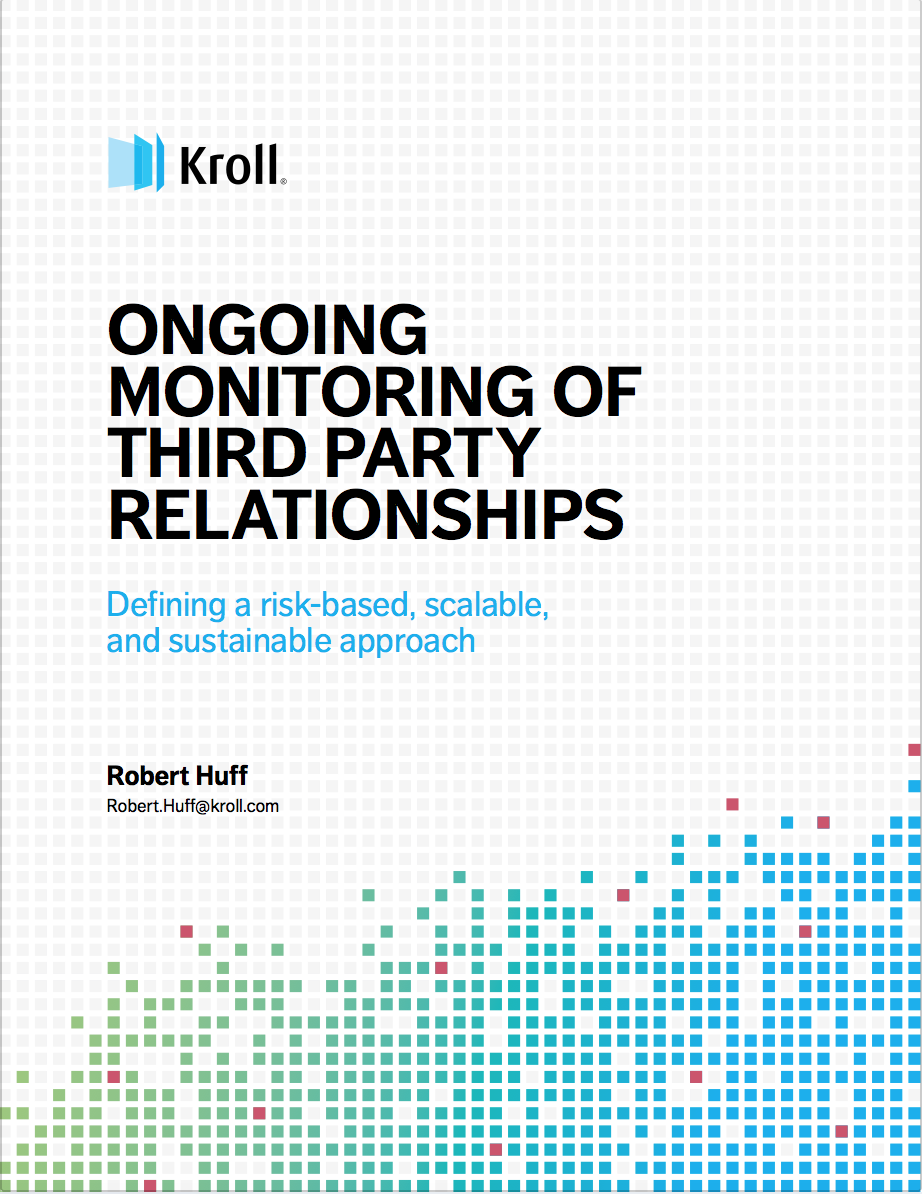What Business Owners Need to Know as Governments Outsource Code Enforcement
Companies across virtually every industry are experiencing a rapid increase in regulation. Naturally, regulatory agencies are having a hard time keeping up with enforcement. That being the case, some state and local governments are turning to private companies and outsourcing enforcement. Compliance is always in a company’s best interest, but when regulators are able to spread the work around, any violations may be unearthed sooner.
Truck drivers delivering in Alabama a few years ago reported an uptick in code enforcement. Not only were they getting stopped along their routes across the state, they also were getting fined for not having the proper licenses to operate there.
But the inspectors knocking on their cabs weren’t employees of the state. They were hired guns, working for a third-party administrator brought on to enforce licensing laws within Alabama, where many jurisdictions require licenses for delivery companies, trucking services and other businesses that simply drive through the jurisdiction.
Like regulators in Alabama, state and local governments across the country are outsourcing their code enforcement operations, turning to private companies to boost efficiencies and improve compliance.
Big Business
In fact, business is booming for these third-party administrators. In January, four companies that crack down on unlicensed businesses (among other services), were collectively acquired for $91 million to “become a national consulting firm,” according to the companies’ press release.
“The demand for government revenue services is stronger than ever, and our increased capabilities and expanded footprint have created numerous opportunities for us to help more public agencies,” the release said.
Outsourcing business license enforcement isn’t just for small-town city halls. Consider the work of one company involved in January’s sale, MuniServices. In its 35-year history, it has processed $252 million in business license revenue and worked with more than 800 U.S. cities, according to the company’s website.
Recent wins for the company include Santa Monica, which signed a contract for auditing and collection of the city’s business licensing tax, among other taxes. The City of Manhattan Beach also has hired MuniServices to provide transient occupancy tax and ground lease audit services.
New Industries, More Regulations, Strict Enforcement
The growth in outsourcing comes at a time when government entities are adding more regulations to the books, especially as new kinds of businesses come online. Take, for instance, the energy and marijuana industries.
Thanks to deregulation in the energy industry, there’s been significant growth in the number of energy brokers.
Regulators have responded with new and rapidly changing business license rules and mandates that require information about everything from an applicant’s educational background to his or her financial health. Licenses typically require regular reports and renewals. If brokers don’t comply, they face fines and even censure.
The same story is playing out with legal marijuana sales, which are skyrocketing as voters approve new state laws that make medical and recreational use legal. But those laws and requirements vary state by state, and can change rapidly as regulators catch up with business trends.
In fact, third-party enforcement companies, including MuniServices and HdL Companies, are offering their own cannabis business services to help government officials handle the burgeoning weed industry.
6 Tips to Ensure Your Paperwork is Up to Date
The increased enforcement and new regulations make for a complicated climate as entrepreneurs work hard to not only stay in business, but also comply with every regulation. Just one lapsed business license could lead to fines, lost revenue and even closure.
Fortunately, there are ways to protect yourself. Here are six tips to ensure all your company’s permits and licenses are up to date:
Research the requirements in the various states and communities where you operate to make sure you have all the right licenses and that the correct reports and renewals have been filed. You’ll need to check the laws at every level: Begin at the federal level and then work down through the layers of government.
Complete an audit of the permits and licenses your business has now and do an assessment based on the paperwork that’s required. Regulations can evolve rapidly, triggering more requirements. Also, local, state and federal officials often make changes to their processes. That biennial report that was required when your license was first issued, for instance, may now be due annually.
Track licenses and renewals to ensure none lapse. Put a system in place — whether it’s a spreadsheet, a monthly conference call with your company’s compliance officers or the help of a trusted advisor — to ensure you stay in compliance and there are never any surprises.
Investigate the permit and license requirements before you make plans to operate or move into another state or city or even add to your current business. In some cities, simply putting out a couple of tables for sidewalk dining at a restaurant can trigger the need for new permits and licenses. Make securing the right permits one of the first things you do before you open for business or submit bids for work.
Centralize your compliance operations. In far-flung offices, it’s OK to have an office manager or paralegal track and renew licenses. Still, it’s critical for any company to have one person follow up across all locations to ensure licenses are renewed as required. After all, it’s a companywide concern when a location falls out of compliance. Not only does a company risk bad publicity, there’s also the possibility of lost business and a forced shuttering.
Consider hiring a compliance expert to ensure your permits and licenses are current. You’re an expert in your industry. To build your business, you’ve probably hired other experts — from a marketing firm to grow your customer base to a cybersecurity company to batten down your digital footprint. A compliance expert can take over the work of ensuring your business is up to date, regardless of changing regulations and requirements.
It pays to take the time to stay on top of your business’s permit and licensing requirements. When you do, the next time a regulator comes knocking — whether it’s a government official or a hired gun — you’ll have peace of mind and the right paperwork to hand over.











